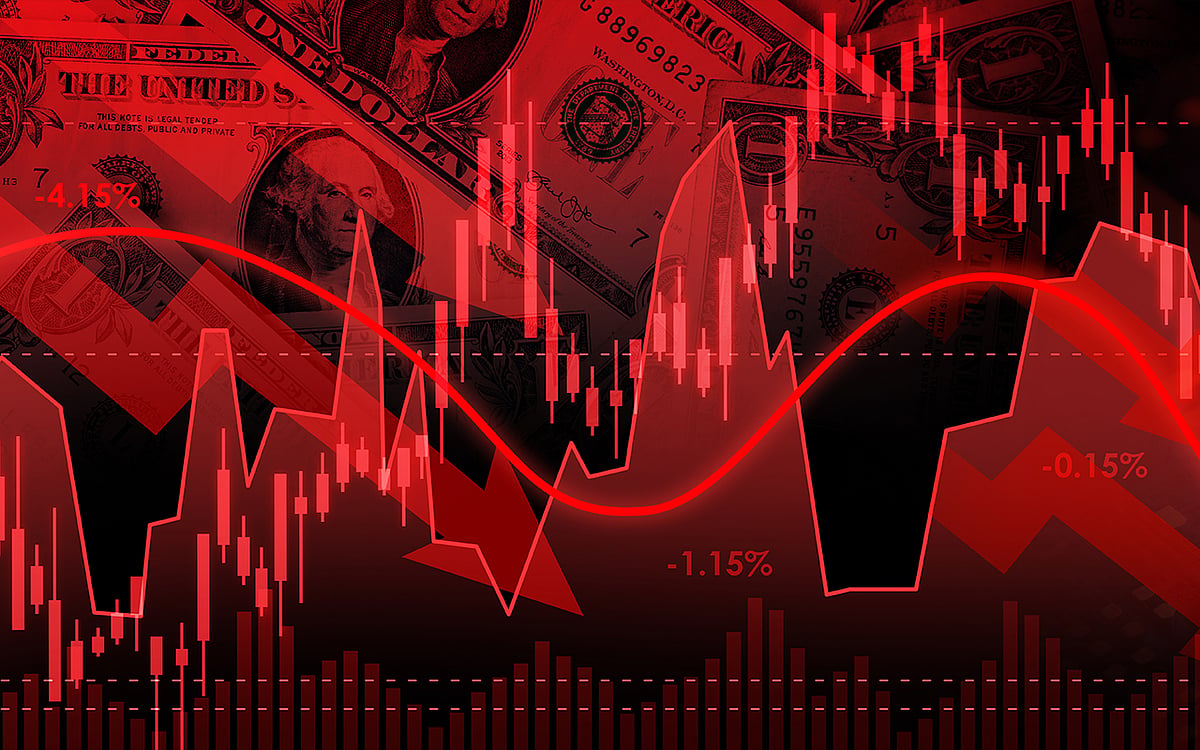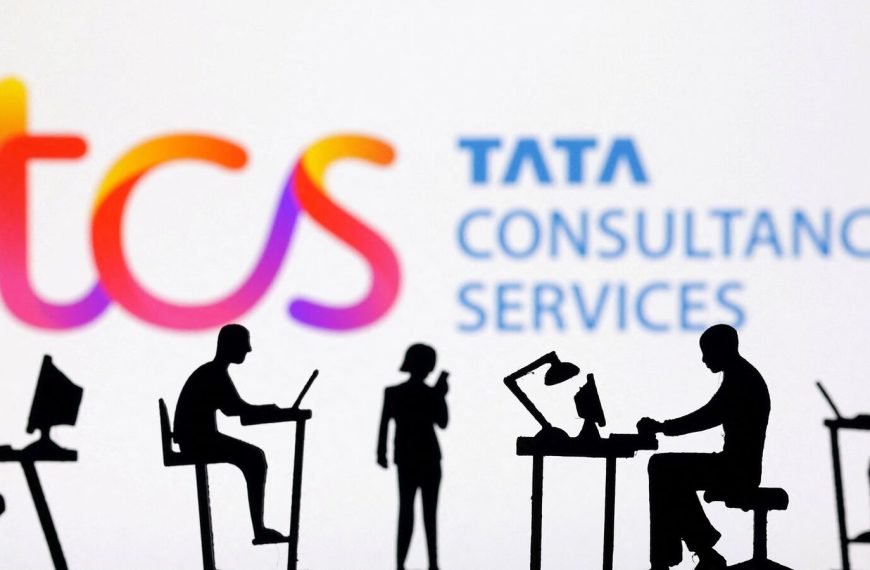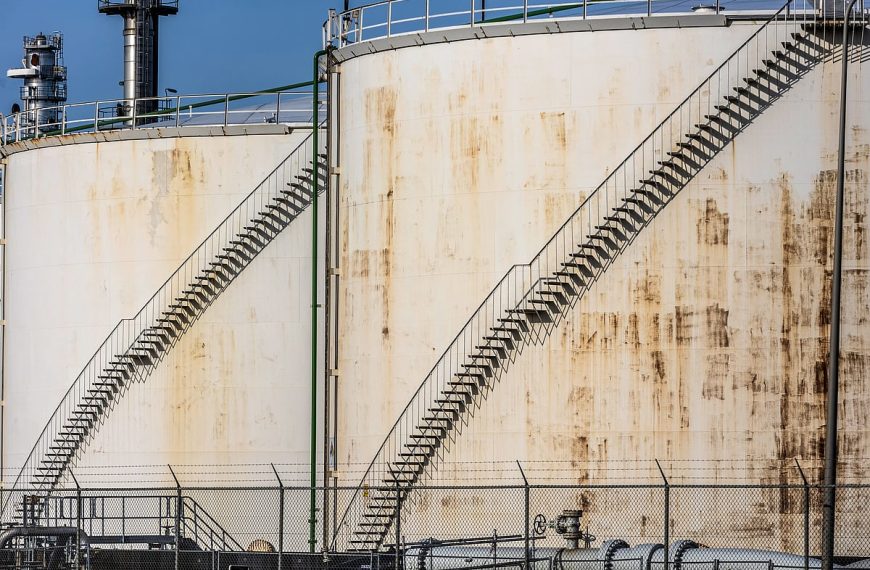The recent announcement of tariffs by the United States under President Donald Trump is set to have a profound effect on India’s economy. As these trade measures unfold, experts predict a two-phase impact: an initial surge in inflation, followed by a looming threat to economic growth. According to analysis from Nuvama, the combination of substantial tariff increases and a slowing consumer market in the US is already causing a shift in focus from inflation to growth concerns.
Overview of the New Tariff Measures
In a dramatic escalation of the ongoing global trade conflict, President Trump revealed sweeping tariff policies during his "Liberation Day" address. The new measures include:
- A 10% baseline tariff imposed across all imports, a significant jump from the previous 2-3%.
- Reciprocal tariffs ranging from 10% to 50%, with China facing the steepest increase at 54% and Vietnam at 46%.
- For India, the tariff on goods has been raised to 26%, which could have extensive repercussions for trade relations.
Timeline for Implementation
The baseline tariff is scheduled to take effect on April 5, while reciprocal tariffs are expected to kick in by April 9. Certain industries, including gold and specific pharmaceuticals, will be exempt from these new tariffs. Additionally, the existing 25% tariff on cars and car parts will not see any further increases.
Impact on India’s Economy
India’s economic landscape is closely intertwined with global trade dynamics, making it particularly susceptible to these changes. Exports to the US account for a staggering $80 billion, representing 18% of India’s total goods exports and 2% of its GDP. Major export sectors affected include:
- Machinery
- Electronics
- Textiles
- Gems and jewellery
- Agriculture
- Pharmaceuticals
While it remains uncertain whether some of these products will receive tariff exemptions, the overall threat of a global economic slowdown could significantly impact India’s export performance.
The Indirect Effects of Tariffs
Nuvama emphasizes that while the direct consequences of these tariffs may not be overwhelming, the indirect repercussions could be considerable. Slowing global growth is likely to dampen demand for Indian exports, impeding overall economic recovery. As two-thirds of India’s revenue growth is tied to international markets, this could delay any revival in demand.
- Earnings risks: With margin expansion opportunities dwindling, companies may face significant earnings cuts.
- Valuation concerns: Although valuations have returned to the 10-year average, they still appear high compared to growth and interest rates.
Investment Recommendations
Given the uncertain economic landscape, Nuvama suggests a conservative approach to portfolio management. Investors are encouraged to consider:
- Cyclicals with fair valuations: Focus on sectors like private banks and insurance, which are better positioned for stability.
- Defensive sectors: Allocate resources towards consumer goods, telecom, and pharmaceuticals.
- Cyclicals with low margins: Industries such as cement and chemicals may present investment opportunities.
Conversely, it may be wise to reduce exposure to sectors like industrials, metals, and public sector undertakings (PSUs). Recent downgrades in the IT sector are also a reflection of its high relative valuations amidst these shifting economic conditions.
In conclusion, while the immediate fallout from Trump’s tariffs may be manageable, the broader implications for India’s economic health and export capabilities could be significant. Keeping a watchful eye on these developments will be crucial for investors and policymakers alike.











